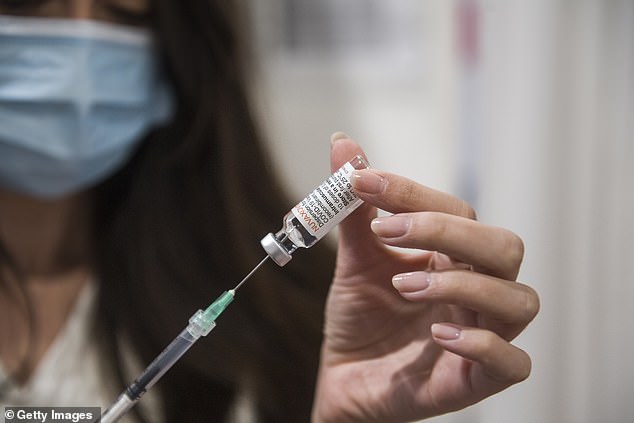Vaccine rule changes every Aussie should know
Australians will no longer have to pay for vaccines at their local community pharmacy from January 1.
In the new year, Australians can make an appointment with their local pharmacist for all vaccinations under the Commonwealth Government's National Immunization Program (NIP).
Although Australians have been able to get vaccinations at their local pharmacies for some time, they have always had to pay out of pocket when they go to their pharmacist instead of their doctor.
However, most Aussies took the hit for this out-of-pocket expense, as the wait time to make an appointment with a doctor for injections could be up to four days in a capital city, or even up to four weeks in a regional area.
National Chairman of the Pharmacy Guild, Professor Trent Twomey, has welcomed the changes to the National Immunization Programme.
Aussies will no longer have to pay to get vaccines (pictured) as the new change comes into effect in the new year
“This is great news for Australians, great news for Australian families, meaning they no longer have to wait for a GP appointment,” he said.
The changes will ensure patients have more choice and convenience about where they receive their vaccination.
Professor Twomey says that if there are more pharmacists who can administer the vaccines, more appointments will also become available at doctors' practices.
'There is no wrong door. You can continue to see your doctor if you wish, but you now have the added choice of being able to ask your community pharmacist for more vaccinations from January 1,” Professor Twomey said.
With more than 6,000 community pharmacies in Australia, Professor Twomey says the majority of these will be open over the festive period, after hours, evenings and on weekends/public holidays, making it easier to book appointments.
Patients who want to find the nearest community pharmacy can go here www.findapharmacy.com.au

Australians who have received their vaccinations (pictured) have mostly had to pay out of pocket to receive the treatment
